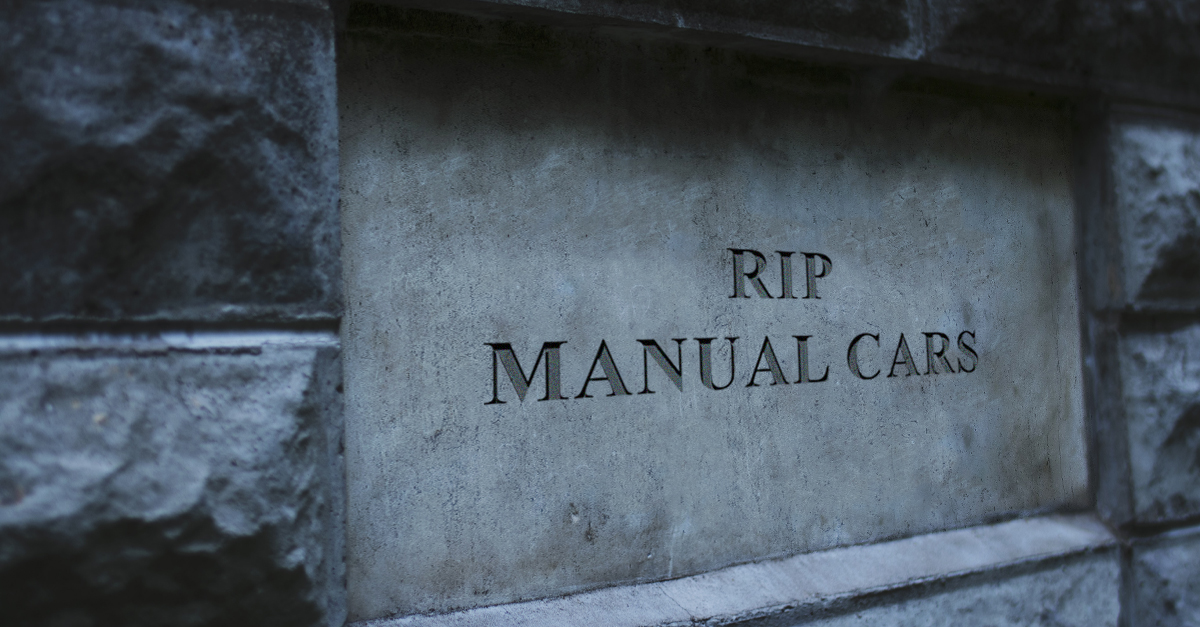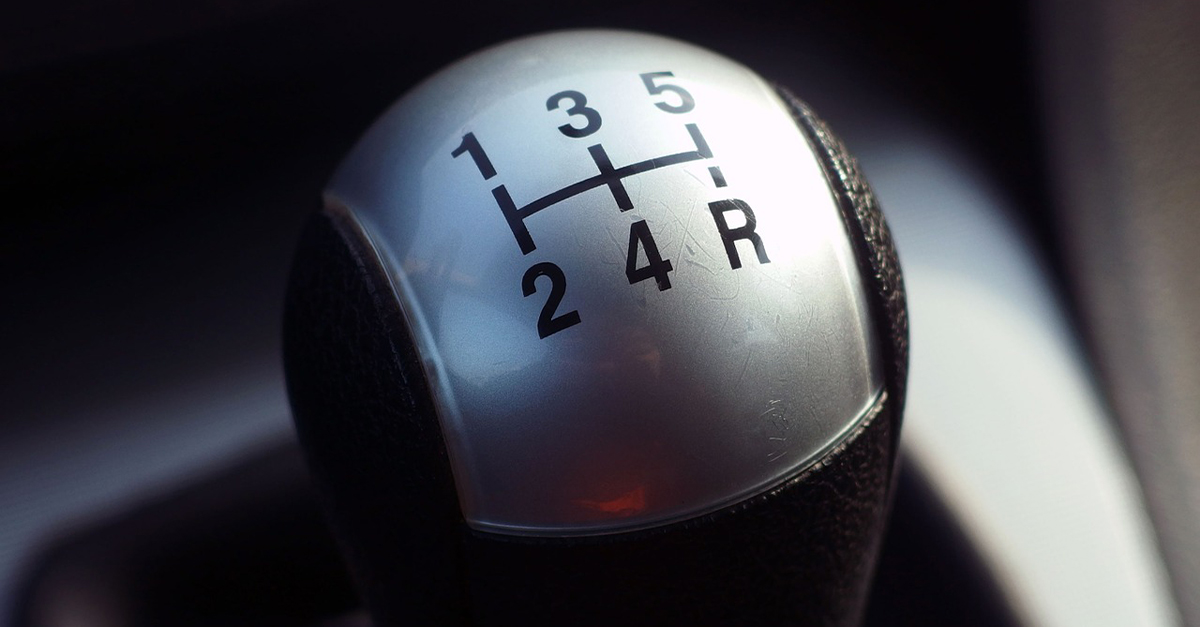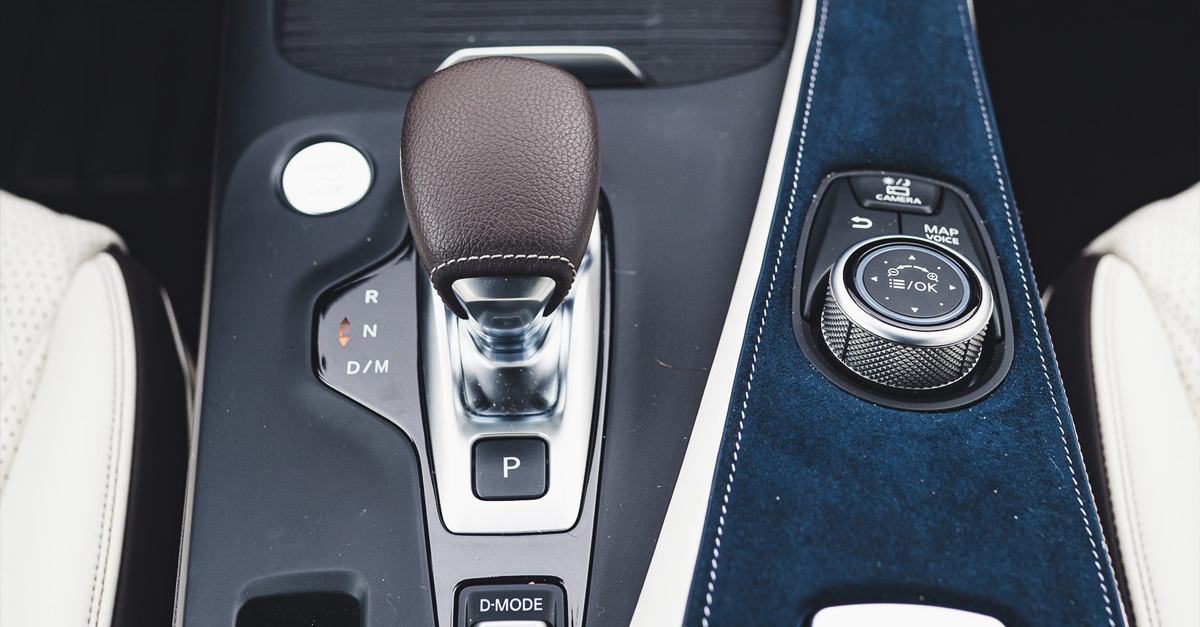Manual cars to be extinct by the end of the decade
On By
For the first time, the majority of new car sales in the UK during 2020 were automatics. In 2019 this figure was around 49%, which was up from 43% the previous year.
This indicates a significant turning point in the decline of manual cars, which could well be a thing of the past by 2030.
Studies have also shown that learner drivers are increasingly opting to learn in automatics too. There has been a 163% increase in learners using automatics since 2012. With fewer drivers on the road being able to work a manual gearbox, the decline of these cars will only accelerate.

Ditching the manual gearbox allows for much simpler driving. The manufacturers of the latest premium models are looking to scrap manuals quicker than the more budget ones, this is due to their lower production costs.
There are many other factors too that have combined to cause this decrease, one of which is the rapid improvement in technology over the past decade.
New automatic transmissions are very intelligent now and can offer much smoother and efficient driving at lower revs. Not only are they becoming more efficient but they prevent bad habits such as over-revving or riding the clutch that leads to wear and tear in manuals.

The rise of electrification, however, could well be the final nail in the coffin. With the goal to ban the sale of any new combustion-engine vehicles by 2030, this will see the end of many manual cars.
New EVs don’t have gears and so don’t need a manual gearbox as a result. This means that in a world looking to lower emissions, the manual car will no longer have a place.

